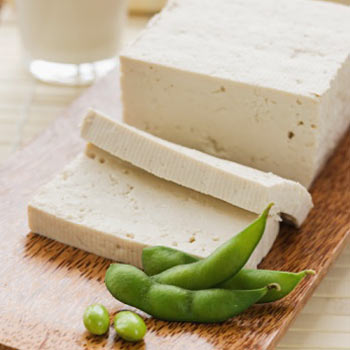Menopause Naturally
Since 2002, when the National Institutes of Health halted a hormone-therapy (HT) trial for safety reasons, women have been worried about HT use. In fact, over half the women surveyed in one study attempted to stop using HT after the find were releases. Although further analysis of the trial revealed that some risks may have been overstated, particularly for women in their 50s, concerns remain. Perhaps not coincidentally, the use of herbal supplements for menopause symptoms is one the rise. The problem? Research is limited and often conflicting, and quality is questionable since supplements aren’t FDA regulated. Plus, herbs can interact with certain drugs and cause side effects. Below are commonly recommended HT alternatives (all are over-the-counter, and you’ll find most in natural-food stores), but talk to your physician before trying them.
Black Cohosh Study findings are mixed, but this is the alternative remedy that physicians (even mainstream doctors most often suggest for hot flashes. The most popular preparation is a tablet called Remifemin.
St. John’s Wort This plant (used to make teas and tablets) acts as a natural antidepressant. A review in the Journal of Women’s Health reported that it may help with menopausal mood swings.
Ginseng According to the National Institutes of Health, this root (available in teas, tablets, and extracts) may ease moodiness and sleep disturbances.
Flaxseed You know this seed is good for your heart, but it may ease hot flashes too. In one study, women who are 4 tablespoons daily halved their number of hot flashes in 6 weeks.
Check your Label
Since the FDA doesn’t regulate herbs, look for a seal of approval from a certifying organizations, such as U.S. Pharmacopeia (USP). The USP Verified Dietary Supplements seal ensures that a product contains only the listed ingredients and no contaminants.

Soy Good? Researchers have flip-flopped on whether the soybean can ease hot flashes and slow menopause-related bone loss. One recent study found that eating ½ cup of soy nuts daily reduced hot flashes by 45 percent in 8 weeks, but more research is needed. Don’t want to go nuts? Try other soy sources: tofu, soy milk, soy cheese, soy yogurt, or edamame. One caveat: Talk to your physician if you have or have had breast or another hormone-related cancer. Although soy may lower breast-cancer risk in healthy women, some experts think the plant estrogens in this bean could stimulate estrogen receptors in women who already have the cancer.

